The Key to Lustrous Locks
Your hair is your crowning glory, and maintaining its health and beauty is a universal desire. While numerous hair care products promise shiny, strong, and healthy locks, the key to achieving and maintaining these qualities may lie in a natural and often overlooked remedy: Vitamin E. In this comprehensive article, we will explore the many benefits of Vitamin E for hair and how you can harness its power to transform your locks into stunning manes.
Understanding Vitamin E
What is Vitamin E?
Vitamin E is a group of fat-soluble compounds with antioxidant properties. It is crucial for protecting cells from oxidative stress and maintaining overall health. Vitamin E is a potent antioxidant that helps combat the harmful effects of free radicals and unstable molecules that can damage cells and contribute to various health issues.
Types of Vitamin E
There are several forms of vitamin E, the most common being tocopherols and tocotrienols. Of these, alpha-tocopherol is the most biologically active form and is often found in vitamin E supplements and fortified foods. While all forms of vitamin E have antioxidant properties, they may have slightly different health effects.
Sources of Vitamin E
Vitamin E can be found in various foods and supplements. Natural dietary sources of vitamin E include:
Nuts and seeds (e.g., almonds, sunflower seeds)
Vegetable oils (e.g., sunflower oil, wheat germ oil)
Green leafy vegetables (e.g., spinach, broccoli)
Fortified cereals
Fruits (e.g., avocado, kiwi)
Fish (e.g., salmon, trout)
Supplements are another option for increasing your vitamin E intake, but getting your nutrients from whole foods is generally recommended whenever possible.
The Science Behind Hair Health
The Structure of Hair
To understand how vitamin E affects hair health, it’s essential to grasp the structure of hair. Hair consists of three layers:
Cuticle: The outermost layer that protects the inner layers.
Cortex: The middle layer that provides hair with strength and elasticity.
Medulla: The innermost layer may or may not be present in all hair types.
The health and appearance of your hair depend on the condition of these layers.
Factors Affecting Hair Health
Numerous factors can impact the health of your hair, including genetics, age, hormonal changes, and environmental factors such as sun exposure, pollution, and styling habits. Additionally, diet and nutrition play a significant role in determining the strength and luster of your hair.
Vitamin E and hair health
How Does Vitamin E Benefit Hair?
Vitamin E contributes to hair health in several ways:
Antioxidant Protection
As a potent antioxidant, vitamin E helps protect hair follicles and cells from oxidative damage caused by free radicals. This protection can prevent premature hair aging and maintain hair strength.
Improved Blood Circulation
Vitamin E supports blood circulation and is essential for delivering oxygen and nutrients to hair follicles. This improved circulation can stimulate hair growth and promote overall hair health.
Moisture Retention
Vitamin E helps maintain the natural moisture balance of your scalp and hair. It prevents dryness, which can lead to hair breakage and split ends.
Anti-Inflammatory Effects
Vitamin E has anti-inflammatory properties that can soothe a dry, itchy scalp and reduce dandruff.
Hair Strength
By protecting the hair shaft from free radical damage, vitamin E helps maintain the strength and elasticity of hair, reducing breakage and promoting longer hair.
Role of Vitamin E in Hair Growth
Hair growth occurs in cycles, with three main phases: anagen (growth), catagen (transitional), and telogen (resting). The anagen phase is crucial for hair length and thickness. Vitamin E, through its antioxidant and circulatory benefits, can potentially prolong the anagen phase, allowing hair to grow longer and thicker.
Protection Against Hair Damage
Daily exposure to environmental stressors, heat styling, and harsh hair treatments can damage your hair’s cuticle and cortex. Vitamin E protects against this damage, preventing hair from becoming brittle and weak. It also helps repair existing damage, making your hair more resilient.
Using Vitamin E for Hair Care
Dietary Sources of Vitamin E
The best way to incorporate vitamin E into your hair care routine is through your diet. Consuming foods rich in vitamin E can give your body the necessary nutrients for healthy hair growth and maintenance. Include almonds, sunflower seeds, spinach, and avocados to boost your vitamin E intake.
Vitamin E supplements
If your diet doesn’t provide enough vitamin E, you can consider taking vitamin E supplements after consulting with a healthcare professional. Accessories are available in various forms, including capsules and oils. It’s essential to follow the recommended dosage to avoid any adverse effects.
Topical Application of Vitamin E
Topical application of vitamin E can directly benefit your hair and scalp. You can apply vitamin E oil or serums now to your hair and scalp, or you can look for hair care products that contain vitamin E as an ingredient.
Instagram: smilehairclinic



